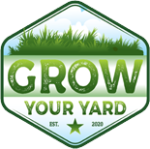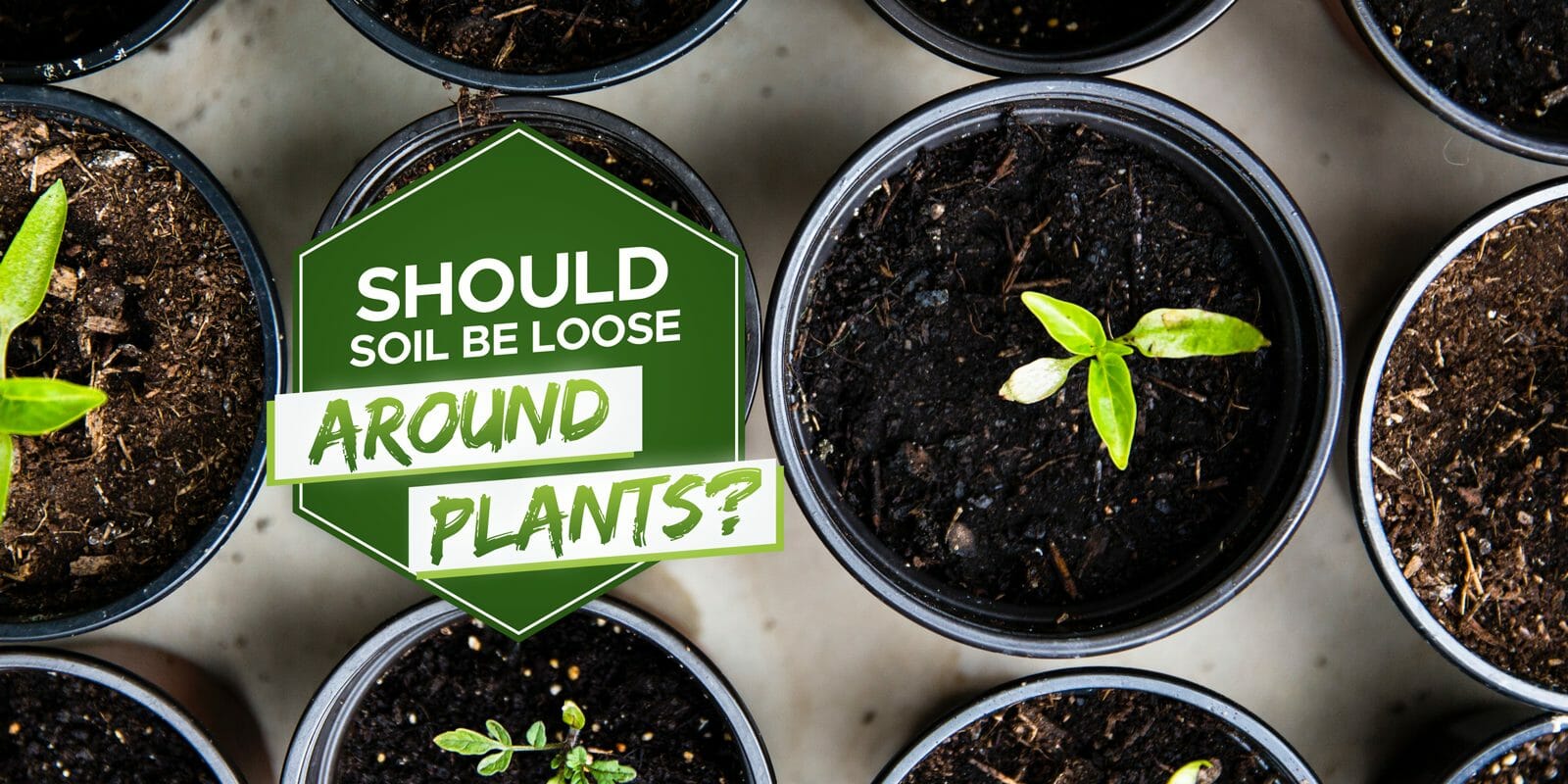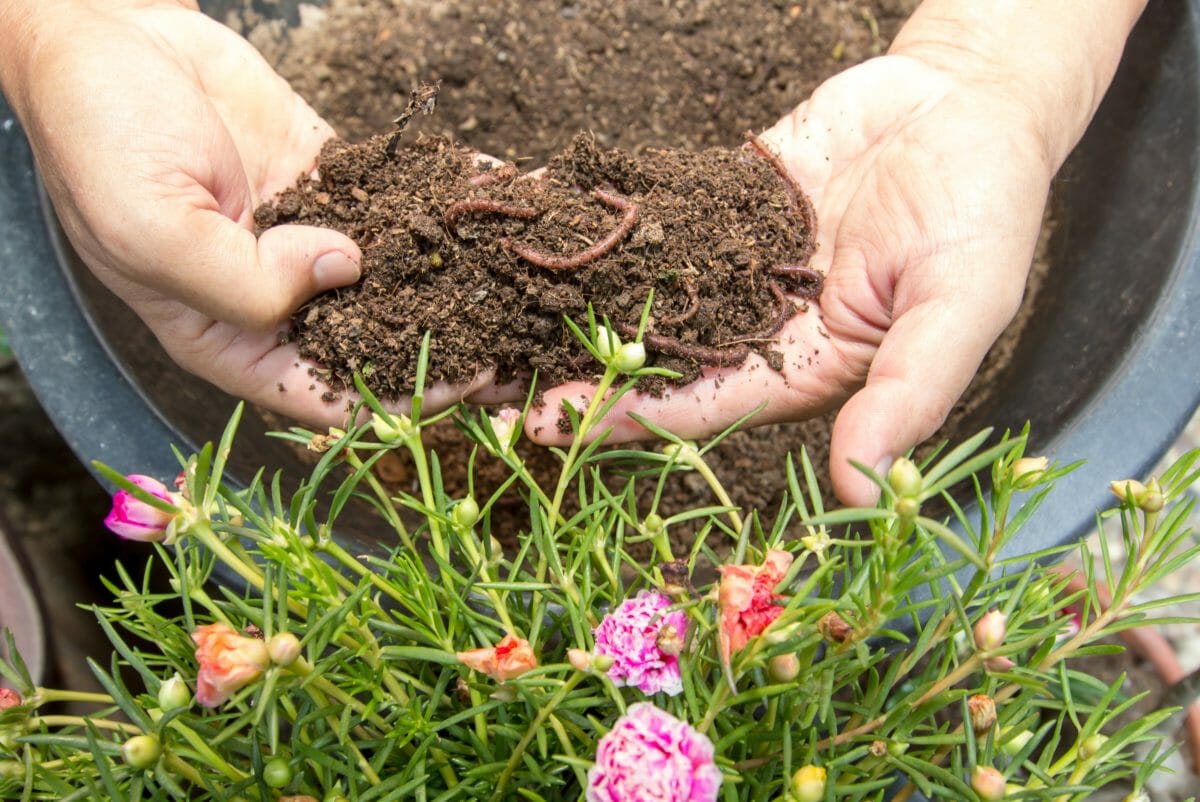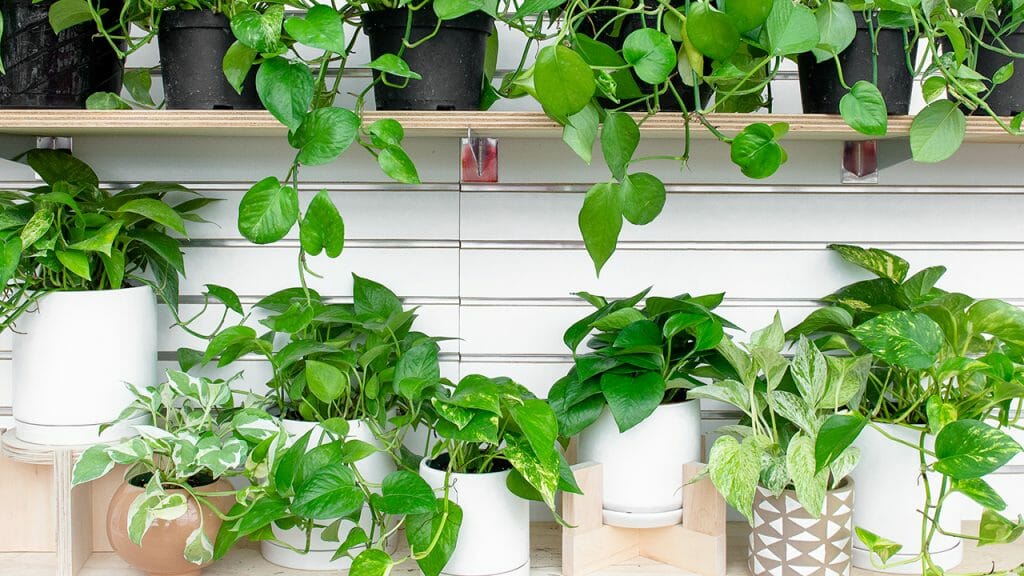Maintaining our garden soil can feel like a full-time job sometimes! From soil amendments to mulching, there always seems to be something to do!
One of the most physically taxing parts of soil maintenance is loosening compacted soil. But is this really necessary? Should I loosen soil around plants?
Yes, you should loosen the soil around your plants to eliminate compacted areas and improve aeration, root growth, and water availability.
Loosening soil can be tiring, but once you’ve done it for the first time, it should be easy to maintain using soil amendments, mulch, and regular watering.
This article is going to explain why you should loosen the soil around your plants and the best ways to get this done.
Should I Loosen Soil Around Plants?
Loosening soil around your plants is a good practice to improve drainage and aeration and give the roots more space to grow easily.
The ideal garden soil is loose and easily workable, so your plants have full access to water with excellent soil aeration. This helps plants root firmly while giving them the freedom to branch out.
We suggest going out into your garden and assessing the current state of your soil. If the soil is loose and easy to move around, then there is no need to loosen your soil. However, if the surface is tight and hard, it is likely that your soil is compacted and needs to be loosened.
Soil compaction is most common in heavy clay soils but can also occur with silt or sandy soils.
There are a few reasons your soil might become compacted, including containing a high percentage of clay particles and experiencing frequent traffic from people or animals.
Loosening your soil has many benefits:
- Better air circulation
- Prevents waterlogging
- Gives roots space to grow
- Improves water availability
- Improves access to nutrients
Best Way To Loosen Compacted Soil
Compacted soil can be a pain to deal with, but luckily, with a bit of elbow grease, there are ways for you to loosen it up.
Once you have done this for the first time, weekly maintenance should mean that you can avoid having to do this again. To check if your soil is still compacting, we suggest checking after rain, as this is when the soil may start to compact.
Try out these techniques to loosen up your soil:
1. Manual Digging
There are several tools for this purpose, like shovels, hoes, cultivators, and forks.
We prefer to use a digging fork as this won’t damage the overall structure of the soil beneath the top layer. Simply insert the fork into the soil and turn the top layer to break the hard soil cap. If you dig up any old roots, pull them out or snip them with gardening shears and remove them.
2. Till the Soil
Using a mechanical rototiller is a quick way to break up compacted soil, but it must be used cautiously.
This machinery will penetrate the soil and thoroughly turn over the top layer of soil. Since the effect is so dramatic, you should avoid repeatedly going over the same area, and it should only be done once a year.
You can hire a rototiller from your local hardware or garden store.
3. Sand
If your compacted soil is clay, then sand is a simple and affordable way to fix it.
Mixing an even layer of sand into the topsoil will improve the soil structure and break up the compaction.
4. Soil Activator
A soil activator will not directly break up your compacted soil, but it will attract creatures that will.
It will attract living organisms like earthworms that do wonders for the quality of your soil. The earthworms dig tunnels, improving soil aeration and water availability while producing nutrient-rich hummus that will revitalize the soil and feed your plants.
5. Add Organic Matter
A cheap and easy way to loosen your soil is by using organic matter to improve the soil quality.
Once you have loosened the soil up with a fork, you can add a 50/50 mix of decomposing grass clippings and compost. This will break down quickly and release nitrogen into the soil to improve the quality. This is also a great way to use your garden waste because it involves grass clippings and preferably homemade compost.
Frequently Asked Questions:
Should plant soil be loose or tight?
Healthy soil needs to be loose and easily workable, as we have discussed above. Even though it might sound like tight soil would mean stronger rooting, in actual fact, it limits root growth significantly.
How do I know if my soil is too compacted?
A few signs that your soil is compacted are water pooling in low areas and a hard, cracked surface.
A trick we like to use is trying to insert a screwdriver into the soil. If it slides in with a bit of exertion, the soil is loose enough, but if it is difficult or impossible, it’s a sure sign that your soil is compacted.
Does rain help with compaction?
No, in fact, rain can cause compaction to happen more quickly.
The force of the raindrops on the soil’s surface will press it down and create a crust that will lead to compaction over time.
Conclusion
Nice, loose soil is the recipe for strong, healthy plants.
Loosening soil around your plants will improve soil aeration, regulate water retention, and give the plants’ roots space to grow. This can be done using manual tools, a tiller, or additives like sand, soil activators, or organic material.
With a bit of physical exertion and some strategic additions, you should be able to get your soil loosened to the perfect consistency for happy plants.




